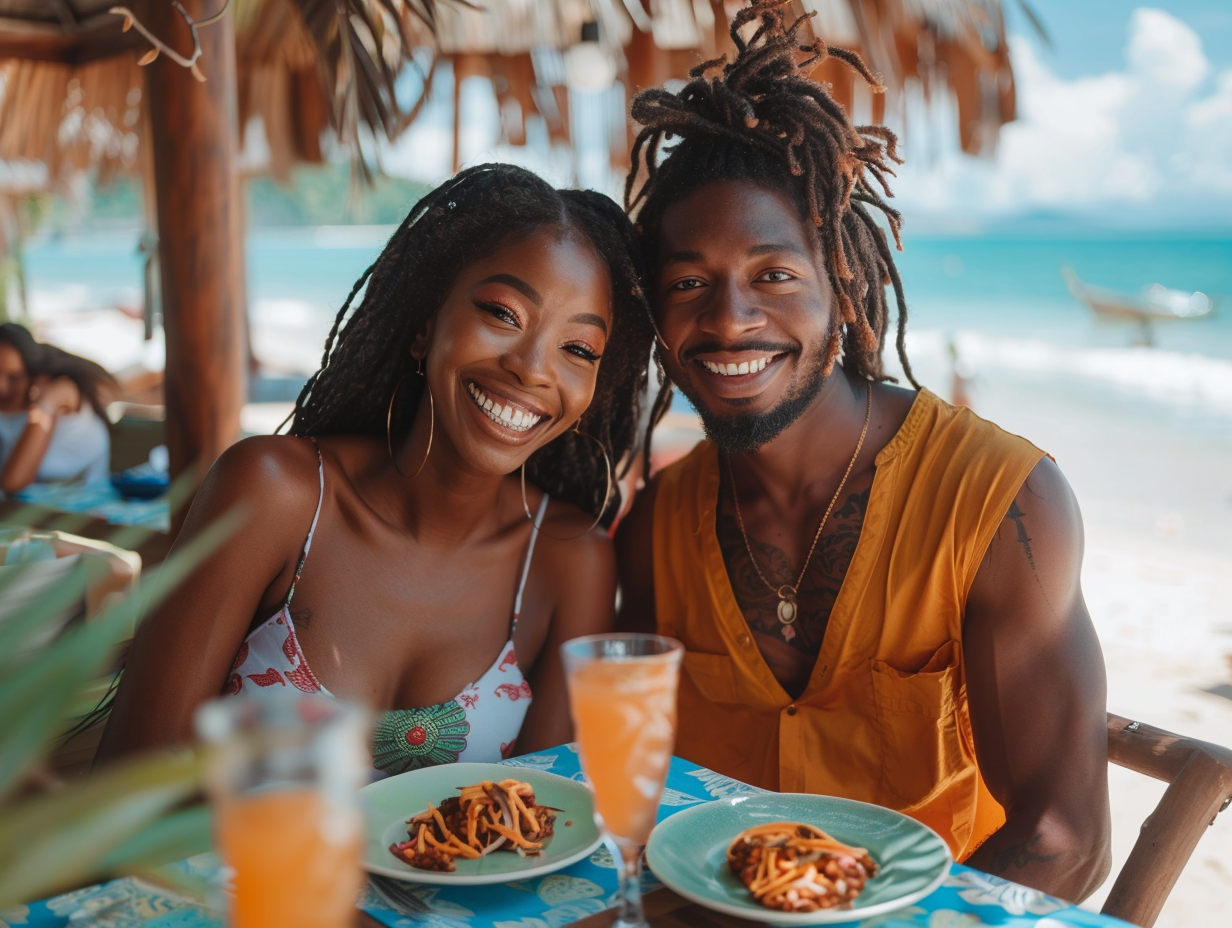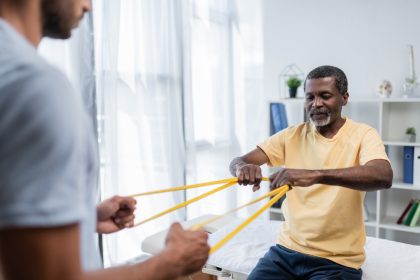Exploring new places comes with more than just a fresh perspective — it quickly reshapes what’s happening inside your body. One of the most fascinating and immediate shifts occurs in your digestive system. Whether you’re hopping from state to state or crossing international borders, the experience of travel and eating local food can change your gut fast — and the results might surprise you.
What happens first when you travel
The moment you step into a new city or country, your body begins adjusting. The air you breathe, the time zone you’re in and especially the food you eat all communicate with your gut microbiome — the trillions of bacteria in your digestive system responsible for digestion, immune health and even mood regulation.
Eating local meals packed with unfamiliar ingredients introduces your gut to new microbial strains. These microbes start populating your gut within hours of ingestion. Your digestive system might respond with bloating, changes in bowel habits or even temporary discomfort, but that’s often a sign your gut is adapting to new bacterial allies or foes.
How local ingredients reshape your microbiome
One key reason local food alters your gut rapidly is the region-specific bacteria naturally found in ingredients and food preparation styles. In many parts of the world, produce is harvested and sold with minimal processing. This means you’re eating more than just fruits and vegetables — you’re consuming the soil-based organisms they carry.
For instance, fermented dishes in Korea like kimchi contain Lactobacillus strains rare in Western diets. Spices used in Indian cuisine, like turmeric and cardamom, can either calm or stimulate gut bacteria depending on what your gut is used to. Tropical fruits in Latin America can feed good bacteria that have long been dormant in your system.
These changes aren’t just biological — they’re experiential. Trying new foods connects you to cultures while expanding your inner ecosystem.
Jet lag affects your gut too
When your circadian rhythm is thrown off due to time zone changes, your gut bacteria fall out of sync as well. Digestion becomes unpredictable. You may feel constipated or bloated, not just because of the flight, but because your microbial schedule is confused.
Your gut microbiome has its own rhythm. When meal times shift, so do bacterial activities. A late-night dinner in Barcelona might leave your U.S.-trained gut scrambling. Over a few days, your gut adjusts, but the first few meals abroad can cause dramatic internal change.
Street food: Microbial adventure
Street food can be either a magical moment or a gut-wrenching ordeal. Many travelers experience sudden stomach upset from eating local favorites off the street. While this is often due to unfamiliar bacteria or questionable sanitation, it can also be the result of your gut facing an overwhelming number of new microbes it’s never encountered.
Yet, not all microbial exposure is bad. In fact, brief contact with new bacterial environments can strengthen your immune response. Your gut’s quick reaction is its way of building a new microbial defense team.
To stay safe, follow this rule of thumb: Eat where locals eat, and look for freshly prepared food served hot.
Preparing your gut for travel
You can prepare your gut for travel by supplementing with probiotics before and during your trip. These beneficial bacteria help strengthen your microbiome so it can better adapt to new foods. Likewise, prebiotic foods — like oats, garlic and bananas — feed good bacteria and help them thrive even while you’re away from your normal diet.
Still, nothing beats the natural microbial mix found in regional cuisine. It’s nature’s way of offering gut training wheels while you explore a new culinary landscape.
How fast is fast
Research shows that microbiome changes can begin within 24 hours of eating a new diet. In studies where people switched from a plant-based diet to an animal-based one, the gut microbiome composition altered dramatically overnight. The same effect happens when traveling and switching to regionally different diets.
In one week, your gut can look completely different under a microscope. It’s like it’s packing its own suitcase, ready to help you digest whatever comes next — but not without a few surprises along the way.
The gut-brain connection while traveling
Don’t underestimate how your gut’s sudden changes impact your mental state. If you’ve ever felt mood swings, anxiety or unexpected fatigue during travel, it might be more gut than jet lag. The gut-brain axis — the communication network between your digestive system and your brain — can send distress signals when your internal balance is off.
However, positive changes in your gut can also lead to increased serotonin production and a lifted mood, especially if you’re eating fresh, fiber-rich local food. The happier your gut, the better your vacation might feel — mentally and physically.
When to be cautious
Rapid gut changes can be empowering, but travelers with preexisting gastrointestinal conditions should plan ahead. It’s wise to consult a healthcare professional if you have IBS, Crohn’s disease or food allergies. Even for those without chronic issues, bringing medications like activated charcoal, rehydration salts or antacids can help counteract sudden reactions to new food.
What stays with you after travel
Interestingly, some changes to your gut linger long after the trip ends. Your microbiome may retain certain bacterial strains introduced during travel, creating lasting impacts on your digestion, immune resilience and even your tolerance for certain foods.
Many people report being able to handle spicy food better or experiencing improved digestion after returning home. Travel is more than a memory — it’s a full-body transformation.
Embracing the gut adventure
Travel and local food change your gut fast — but that’s not a bad thing. In fact, it might be one of the best reasons to hop on a plane or try something new in your own city. It’s not just your taste buds going on an adventure — your gut is too.
From the first bite of something unfamiliar to the internal shift that follows, every meal becomes a story, every destination a new chapter in your body’s living library. So eat well, explore widely and give your gut the adventure it deserves.












